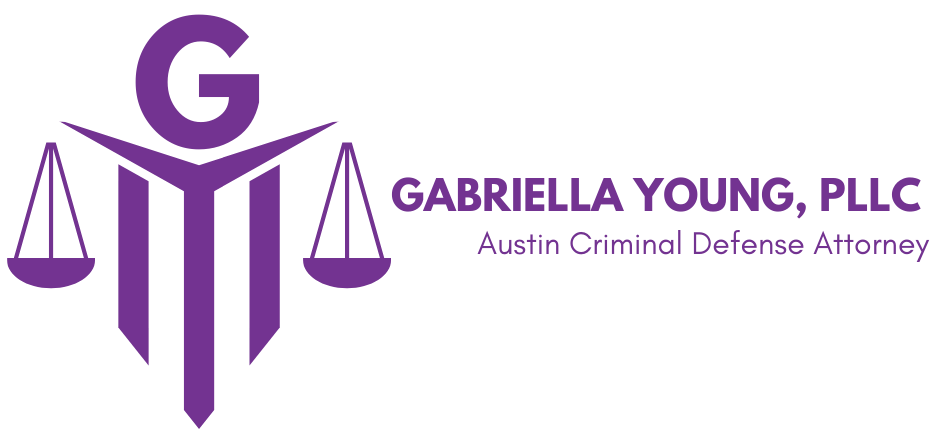Penalties For Possession Of Drugs:
When it comes to the state of Texas, this area is perhaps most well known for drug possession laws that are seen as being rather harsh; however, the truth of the matter is that in terms of whether or not all of these specific laws are felonies will depend on the overall quantity and type of controlled substance that an individual is believed to be in possession of. Regardless of this, it remains important that you obtain the services of an experienced drug possession attorney in the city of Austin, as they will be able to greatly assist you with either getting your drug possession charges reduced or even completely dismissed.
As previously stated, Texas state law ultimately defines the overall severity of a drug possession conviction as being dependent upon the nature of not just a specific controlled substance, but also how much of said substance an individual is believed to have in their possession. In order to fully understand all of the different penalties that you could face, however, it’s important to first understand the various groups that all drugs are placed in under state law, which are regulated by the Texas Controlled Substances Act, part of the Texas Health and Safety Code. These penalty groups are as follows:
*Penalty Group 1
*Penalty Group 1-A
*Penalty Group 2
*Penalty Group 2-A
*Penalty Group 3
*Penalty Group 4
Penalty Group 1 is the group that carries the most severe punishment, while Penalty Group 4 carries the least severe punishment; however, it’s important to note that merely being charged with the possession crime will not guarantee that you will be convicted. This is because there are many valid defenses in terms of drug possession charges, many of which an experienced Austin drug possession attorney can assist you with.
Here are some of the most common types of drugs and punishments that are included as part of each penalty group:
*Penalty Group 1 (codeine, hydrocodone, oxycodone, methamphetamine, ketamine, hallucinogens, etc.; always charged as a felony; smaller amounts can result in sentences of between 180 days and two years in state jail and a fine of up to $10,000; larger amounts can result in sentences of between 15 and 99 years in state prison and a fine of up to $100,000)
*Penalty Group 1-A (LSD and various derivatives; always charged as a felony; smaller amounts can result in sentences of between 180 days and two years and a fine of up to $10,000; larger amounts can result in sentences of between 15 and 99 years and a fine of up to $250,000)
*Penalty Group 2 (ecstacy, PCP, peyote; always charged as a felony; carrying less than a gram can result in a sentence of between 180 days and two years and a maximum fine of $10,000; carrying more than 400 grams can result in sentences of between 5 and 99 years and a fine of up to $50,000)
*Penalty Group 2-A (chemical compounds that mimic cannabinoids; possessing small amounts will be charged as a misdemeanor, while possessing large amounts will be charged as a felony; less than a gram will result in a Class B misdemeanor, while between 1 and 4 grams will be a Class A misdemeanor; anything more than 4 grams will be a felony; smaller amounts will result in sentences of up to one year; larger amounts will result in sentences of between 2 and 20 years and a fine of up to $10,000)
*Penalty Group 3 (benzodiazepines, anabolic steroids, methylphenidate, etc.; smaller amounts will be a misdemeanor which can result in sentences of up to one year and a maximum fine of $4,000; larger amounts will be a felony which can result in sentences of up to 99 years)
*Penalty Group 4 (various prescription medications and the chemical compounds contained in them; smaller amounts will be a Class B misdemeanor which can result in sentences of up to 180 days and a fine of no more than $2,000; larger amounts will be a felony which can result in sentences of between 5 and 99 years and a maximum fine of $50,000)
Contact Gabriella Young for a FREE Consultation to answer any questions regarding a DWI.

